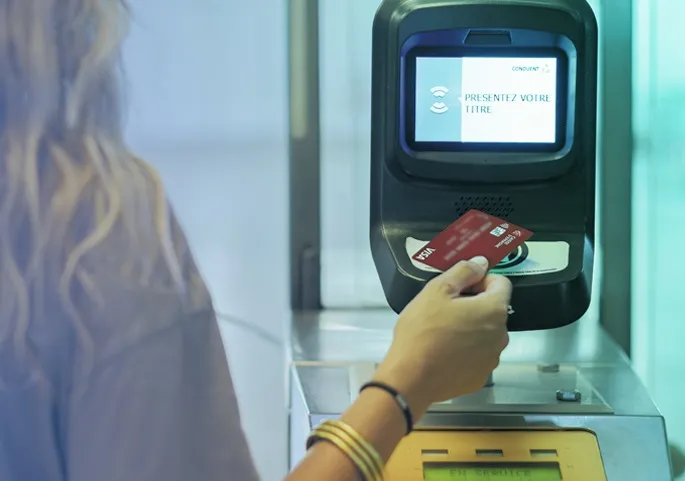Telecoms, IT, security industries
The market for contactless payment is growing, explained Pierre Metivier from the "Forum des Services Mobiles Sans Contact", at the official launch of CARTES SECURE CONNEXIONS 2014 in Paris. “Smart secure devices are on the rise,” he said. “The majority of these are smartphones and payment cards, but – if you add in to the mix products such as smartcars and even smart utility meters - there will be 200 billion connected devices by 2020,” adding up to a projected global internet of things (IoT) market by that time of $8.9 trillion. But there are challenges ahead, warned Metivier. “The Near Field Communication (NFC) eco-system is maturing and it is also quite complex,” he explained. “You need the right mobile, the right applications, the right SIM – and you need the telecoms companies to agree. It’s complicated and it’s costly.” The rise of Host Card Emulation (HCE) may be about to change that. It is both a threat to, and opportunity for, NFC, he went on. “For a start it’s an opportunity to get more players into the market, such as 493 Apple and 1691 Google, which in the long-term could be good news for the global NFC system. Maybe demand from China will push Apple, for instance, towards NFC. NFC is about proximity and that proximity perhaps gives people a greater sense of security. But it’s still complex: we have to work on simplifying it.” There are also experiments underway with prepaid cards which could yet tempt more consumers towards contactless payments, perhaps because just having 20 euros on a card at a time will feel more secure for people. There will be much more information on all these intriguing issues at CARTES SECURE CONNEXIONS 2014 in November.










